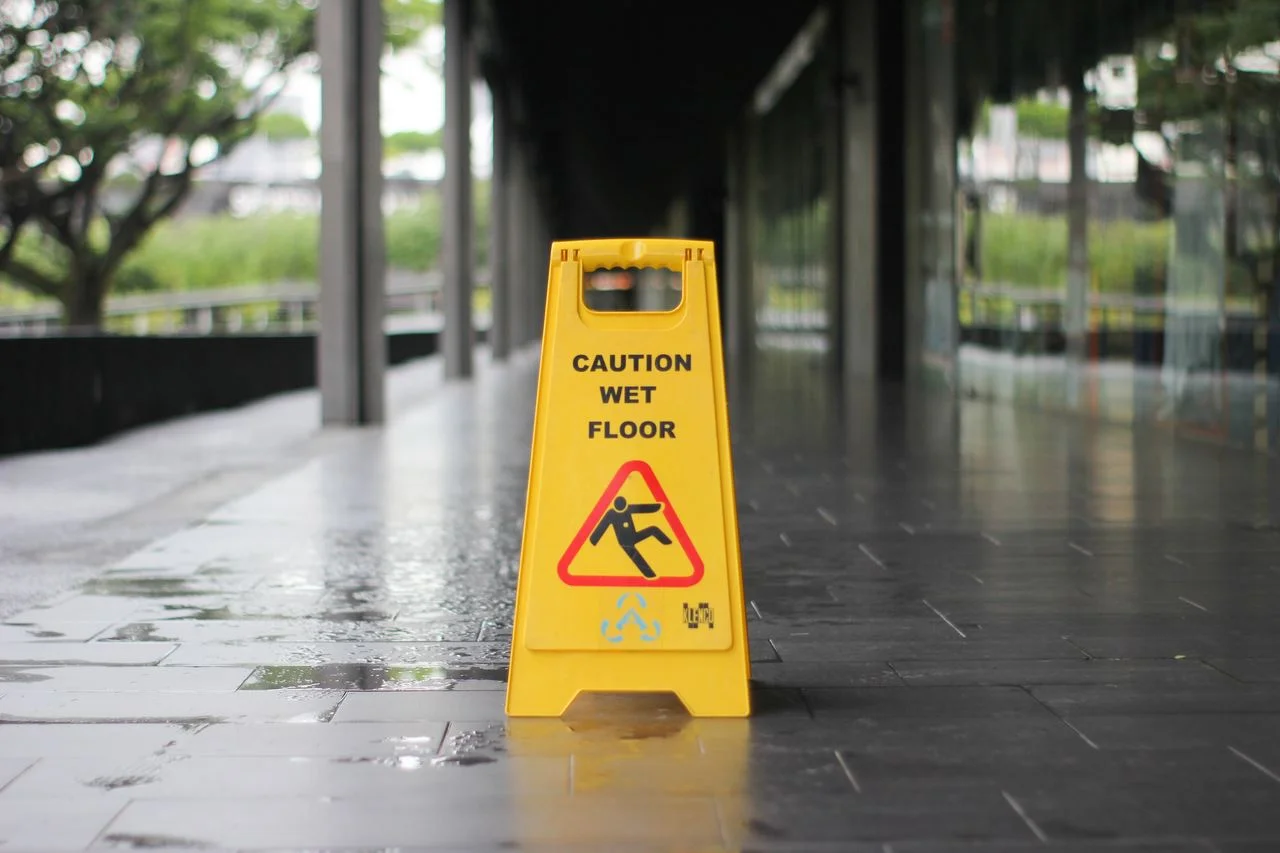The Duty of Care: Property Owners’ Responsibility in South Carolina

In South Carolina, property owners bear a legal responsibility to maintain a safe environment for visitors. Understanding the duty of care that property owners owe to those who enter their premises is crucial, as it plays a pivotal role in personal injury cases. In this article, we’ll delve into the specifics of the duty of care, exploring the responsibilities property owners have and the implications for individuals who may suffer injuries on their premises.
Understanding the Duty of Care
The duty of care is a legal obligation that property owners have to ensure the safety of individuals on their premises. This duty extends to both invited guests and, in some cases, even trespassers. Property owners are expected to take reasonable measures to prevent foreseeable hazards and maintain a reasonably safe environment.
Types of Visitors and Their Impact on Duty of Care
The level of care owed by property owners can vary based on the classification of visitors. For example, property owners owe a higher duty of care to invitees, who are individuals invited onto the property for business purposes, compared to licensees, who enter for social reasons. Even trespassers may be owed a duty of care under certain circumstances, such as when the property owner is aware of their presence.
Premises Liability: Common Causes of Accidents
Premises liability cases often arise from slip and fall accidents, inadequate security, and other hazardous conditions on a property. Property owners must regularly inspect their premises, address potential dangers promptly, and provide warnings or take corrective action to prevent accidents. Failure to meet these obligations can result in legal consequences for the property owner.
Notable Legal Concepts: Notice and Foreseeability
Two key legal concepts in premises liability cases are “notice” and “foreseeability.” Notice refers to whether the property owner was aware or should have been aware of a hazardous condition. Foreseeability involves determining whether a reasonable person could anticipate that a particular danger could cause harm. These concepts play a crucial role in establishing liability in personal injury claims.
Potential Defenses for Property Owners
While property owners have a duty of care, they may present certain defenses in personal injury cases. These defenses could include arguing that the injured party was partially or fully responsible for their injuries or that the property owner took reasonable measures to address the hazardous condition.
Conclusion
Understanding the duty of care that property owners owe in South Carolina is fundamental for both property owners and those who may suffer injuries on someone else’s premises. By being aware of the legal obligations, potential hazards, and the concept of notice and foreseeability, individuals can navigate the complexities of premises liability cases. If you believe you have a valid claim, consulting with legal professionals who specialize in personal injury law is essential to determine the strength of your case and pursue rightful compensation.
